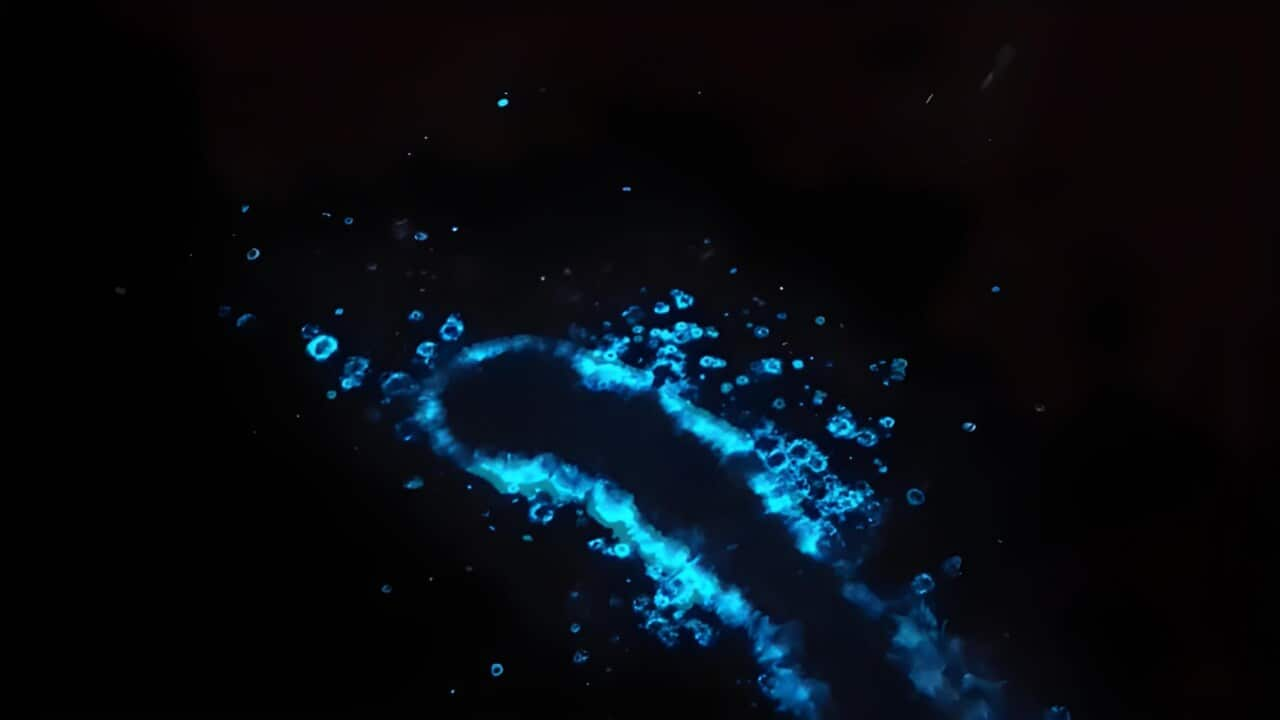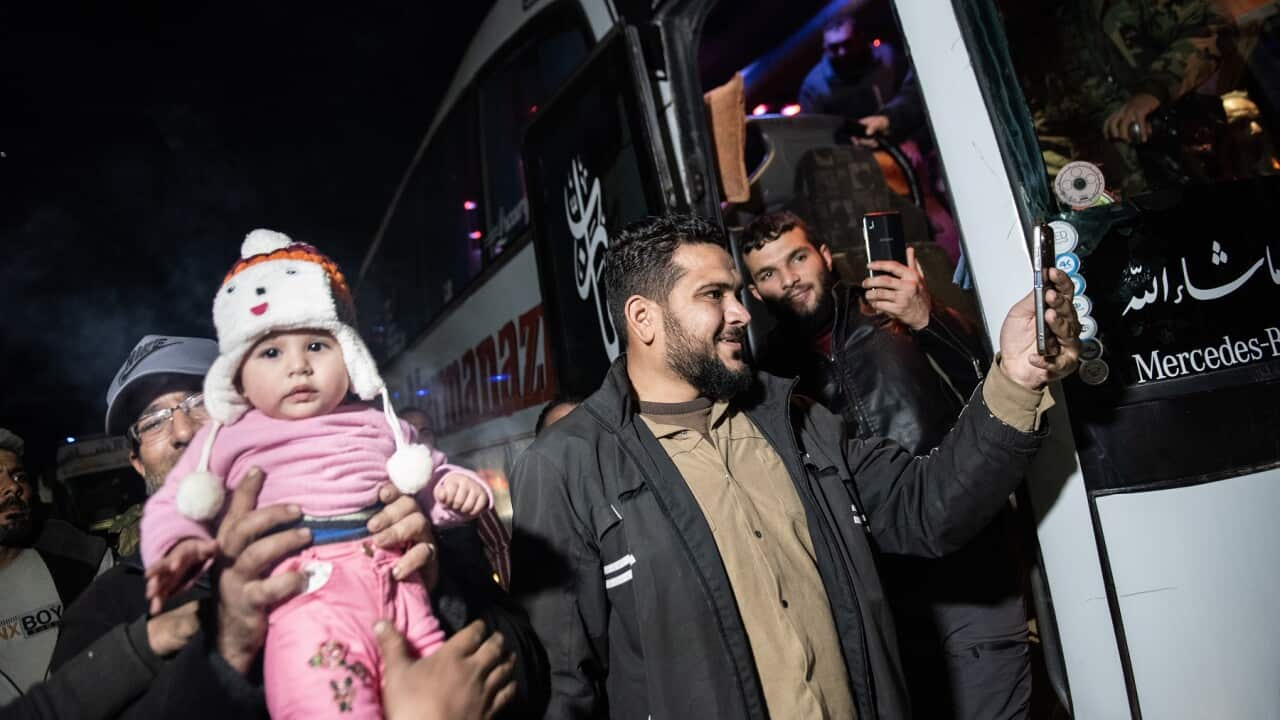TRANSCRIPT
January 20, 1977, and the 39th President of the United States is sworn in.
"I, Jimmy Carter, do solemnly swear..."
Jimmy Carter: "I, Jimmy Carter, do solemnly swear ..."
"That I will faithfully execute ..."
Carter: "That I will faithfully execute ..."
"The office of President of the United States."
Carter: "The office of President of the United States."
Jimmy Carter's presidency began in the years after the Watergate scandal that had seen Republican President Richard Nixon resign in disgrace, to be replaced by his vice-president Gerald Ford.
Outside his home state of Georgia, few had heard of Jimmy Carter when he announced his candidacy.
The peanut farmer, devout Christian and former State Governor was able to turn his outsider status to his advantage and beat Gerald Ford by a narrow margin in the 1976 election.
His presidency began at a time when the U-S faced what's known as stagflation, a combination of high inflation and slow economic growth.
The faltering economic conditions included a global energy crisis in 1979.
There was a drop in oil production of around four per cent and the reaction from the oil markets saw the price of crude oil more than double over the next 12 months.
The surge in the price led to fuel shortages and long queues at petrol stations.
But it was international issues that dominated the Carter presidency.
Turning his attention to foreign policy, President Carter achieved some notable successes.
He signed nuclear agreements with the former Soviet Union and handed back the Panama Canal.
He also oversaw the Camp David peace agreement between Israel and Egypt.
"So let us now lay aside war, let us now reward all the children of Abraham who hunger for a comprehensive peace in the Middle East."
In November 1979, a group of students stormed the U-S Embassy in Tehran, seizing 52 hostages.
It was a direct challenge to American prestige and in April 1980 Carter ordered a secret rescue mission which ended in humiliating failure.
One of the helicopters deployed in the rescue attempt crashed into a transport aircraft in a sandstorm, killing eight US service members.
"Late yesterday I cancelled a carefully planned operation which was underway in Iran to position our rescue team for later withdrawal of American hostages who've been held captive there since November 4."
The hostage crisis dominated the final months of Carter's presidency and was a key factor in his loss to Ronald Reagan.
The hostages were eventually released just minutes after his successor was sworn in.
And while Jimmy Carter's presidency was over, his work was just beginning.
He founded the Carter Center with the stated aim of waging peace, fighting disease and building hope.
He became the world's best-known election observer in the process.
Since 1989, the Carter Center has monitored more than 100 elections around the world.
Avery Davis-Roberts is the associate director of the Carter Center's Democracy Program.
"He was able to go into meetings with people who had not won the election and explain to them that life goes on after you've lost an election, you can still contribute to society and make the world a better place."
Jimmy Carter was seen as a neutral mediator and helped negotiate a ceasefire during the Bosnian War.
And in 2002, he was awarded the Nobel Peace Prize.
"Ladies and gentlemen, war may sometimes be a necessary evil but no matter how necessary, it is always evil, never a good. We will not learn how to live together in peace by killing each other's children."
It was all a long way from rural Georgia where Jimmy Carter grew up.
His father was staunchly in favour of segregation, but the young Jimmy Carter befriended the children of the African-American workers on the family peanut farm.
Some say those experiences shaped his life's work.
Doctor Frank Richards is an expert in parasitic and tropical diseases and works at the Carter Centre.
"I think President Carter's interest in some of the diseases I work on, which are the diseases of the poor, stem from his childhood, from his upbringing. I mean, his mother was a nurse and they lived in a part of Georgia where a lot of diseases occurred that we work on."
Every year Jimmy Carter donated a week of his time to build houses for the poor with Habitat for Humanity.
After he entered hospice care in February 2023, people chose to honour him by leaving flowers outside the Jimmy Carter Presidential Library and Museum in Atlanta.
"To me, the feeling that I get about Jimmy Carter was that he had a good heart. And like I said, he is for the people. And he was about peace. And it was an honour to have him to serve as the president." "I think he was one of the better presidents that we had in my lifetime. I think he did a great job as president. And I think that his causes that he's done since he's been president is really impressive as well."
Jimmy Carter was married to his wife Rosalynn for 77 years until her death in November of 2023 at the age of 96.
During a memorial service, his daughter, Amy Carter, read from a love letter her father sent to Rosalynn Carter while he was away serving in the Navy more than 70 years ago.
"My darling, every time I have ever been away from you, I've been thrilled when I returned to discover just how wonderful you are. While I'm away, I try to convince myself that you really are not, could not be as sweet and beautiful as I remember. But when I see you, I fall in love with you all over again. Does that seem strange to you? It doesn't to me. Goodbye darling. Until tomorrow. Jimmy."
In an interview in 2015, Jimmy Carter spoke of the primacy of his marriage.
Journalist: Tell us, share with us, what you're most proud of and if there's anything you might have done differently or thought maybe I wish I had not done that? Jimmy Carter: "Well the best thing I ever did was marrying Rosalynn. That's the pinnacle of my life."
President Joe Biden has described Carter as a man of "principle, faith and humility" while President-elect Donald Trump says Americans owe Carter a "debt of gratitude".
Former president Bill Clinton says Carter "lived to serve others".
Jimmy Carter is survived by his children, Jack, Chip, Jeff, and Amy, 11 grandchildren, and 14 great-grandchildren.
He was 100 years old.













